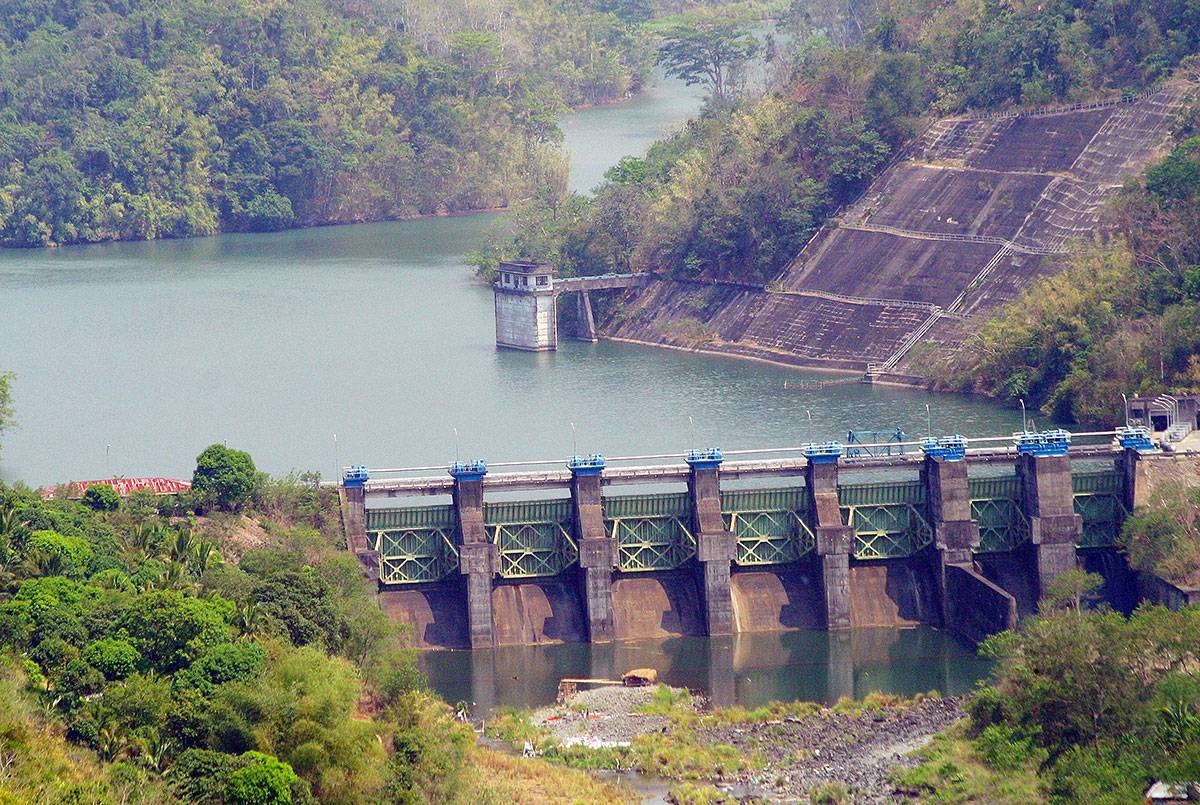METRO Manila is facing the possibility of a severe water problem if the El Niño episode intensifies or extends until the second half of 2024, according to a warning from the Department of Environment and Natural Resources (DENR).
DENR Undersecretary Carlos Primo David emphasized the urgency of the situation, stating, “If the El Niño event next year progresses, intensifies, or even extends further than June [2024], then it will be a major problem for Metro Manila.”
Water conservation will be a crucial strategy, particularly in the first six months of next year, as David highlighted. While the Angat Dam, which supplies water to Metro Manila, is currently at full capacity, it may not sustain the demand beyond the second quarter of 2024.
“From our calculations, the amount of water that we have from Angat Dam and other resources will be sufficient for our supply until around May to June of 2024,” David explained.
It is imperative to avoid a repeat of the water crisis experienced in 2019 during a strong El Niño occurrence. David urged residents and local governments to prioritize water conservation measures.
Recognizing the importance of local government units in addressing water problems, Environment Secretary Maria Antonia ”Toni” Yulo-Loyzaga emphasized their crucial role. She stated, “Local governments need to take the lead here in terms of their own assessment of their needs and the risk of climate change to their particular local government.”
As an international audience, it is essential to understand the context and implications of the water crisis in Metro Manila. El Niño is a weather phenomenon characterized by unusually warm ocean temperatures in the equatorial Pacific region. It can lead to droughts and other extreme weather patterns, affecting water supply and agriculture in various parts of the world.
Metro Manila, the capital region of the Philippines, is home to over 13 million people and faces significant challenges in managing its water resources. The Angat Dam, located in Bulacan province, plays a vital role in supplying water to the region. However, if the El Niño event intensifies or extends beyond June 2024, the dam’s capacity may not be sufficient to meet the growing demand.
Water conservation is key to mitigating the potential water crisis. It involves adopting measures to reduce water usage, such as fixing leaks, using water-efficient appliances, and practicing responsible water consumption habits. The cooperation of residents and local governments is crucial in implementing and promoting these conservation efforts.
Given the risks posed by climate change and the uncertainty surrounding future weather patterns, local governments must take proactive steps to assess their water needs and address the impact of climate change on their respective regions. This includes investing in infrastructure, implementing water management strategies, and raising awareness about the importance of sustainable water practices.
The DENR’s warning serves as a wake-up call for Metro Manila and its residents. It highlights the need for immediate action and long-term planning to ensure a stable and reliable water supply in the face of climate-related challenges. By prioritizing water conservation and sustainable practices, Metro Manila can mitigate the potential consequences of an intensifying El Niño and safeguard its water resources for the future.







